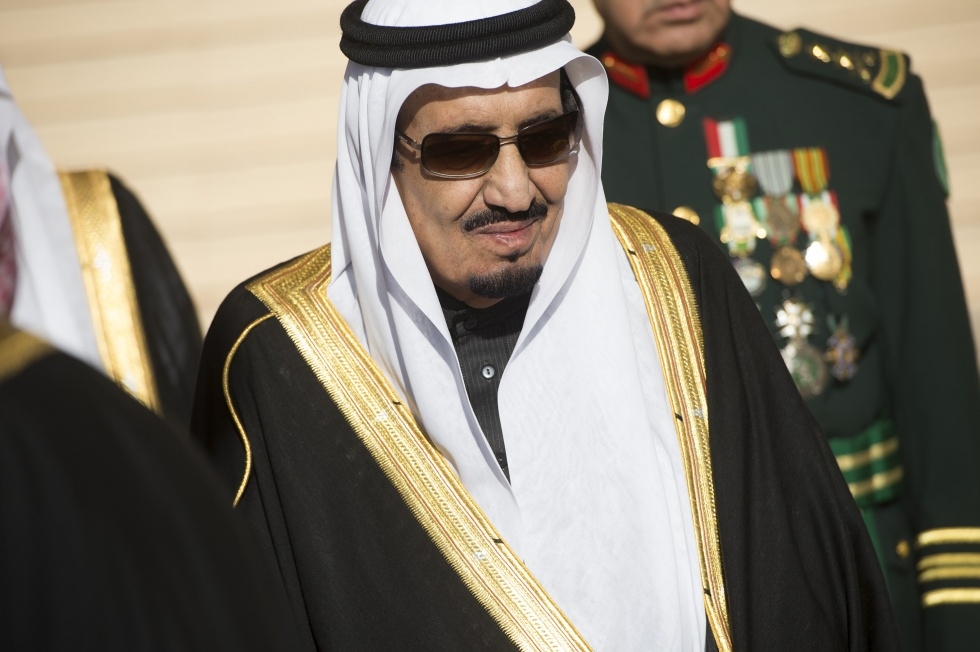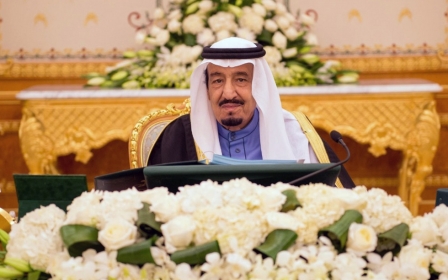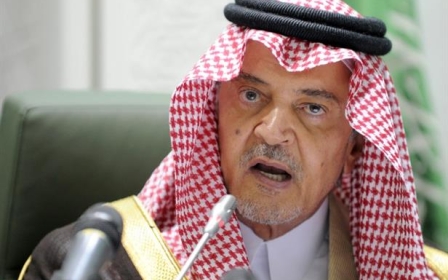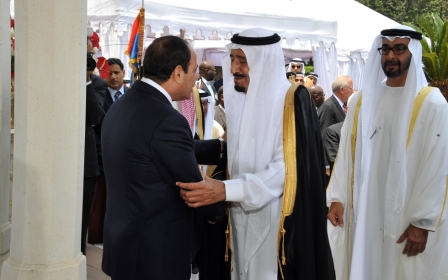Saudi king appoints new members in Shura Council

Saudi Arabia's King Salman bin Abdulaziz on Saturday appointed seven new members in his country's Shura (consultative) Council.
He also appointed a new head of Saudi Arabia's Military Industries Corporation, a state-run industrial agency that works to accommodate the needs and requirements of Saudi Arabia's military.
The new appointments were included in a decree by the Saudi monarch.
The Shura Council's term is expected to expire in 2016, according to the official Saudi news agency.
While it has limited powers, the Shura Council still can propose laws to the King and Saudi Arabia's cabinet.
The news agency said that the king did not relieve any of the incumbent Shura Council members of their jobs, which brings to 157 the total number of members in the council.
These members include 30 women who were appointed in the legislative agency in January of 2013 by the late Saudi king Abdullah bin Abdulaziz.
The official agency said that king Salman also appointed two new officials in the defence and interior ministries and fired two other officials from the Housing Ministry and Al Baha University.
In January, king Salman reshuffled his country's cabinet, showing the door to some ministers appointed by his predecessor King Abdullah bin Abdulaziz around six weeks earlier.
King Salman reappointed Education Minister Khaled Al Faisal as the Emir of Mecca instead of Meshaal bin Abdullah, the son of the late Saudi King.
King Salman, 79, took over in his oil-rich state on 23 January, following the death of his brother, king Abdullah bin Abdulaziz.
He is the seventh king of Saudi Arabia.
New MEE newsletter: Jerusalem Dispatch
Sign up to get the latest insights and analysis on Israel-Palestine, alongside Turkey Unpacked and other MEE newsletters
Middle East Eye delivers independent and unrivalled coverage and analysis of the Middle East, North Africa and beyond. To learn more about republishing this content and the associated fees, please fill out this form. More about MEE can be found here.




